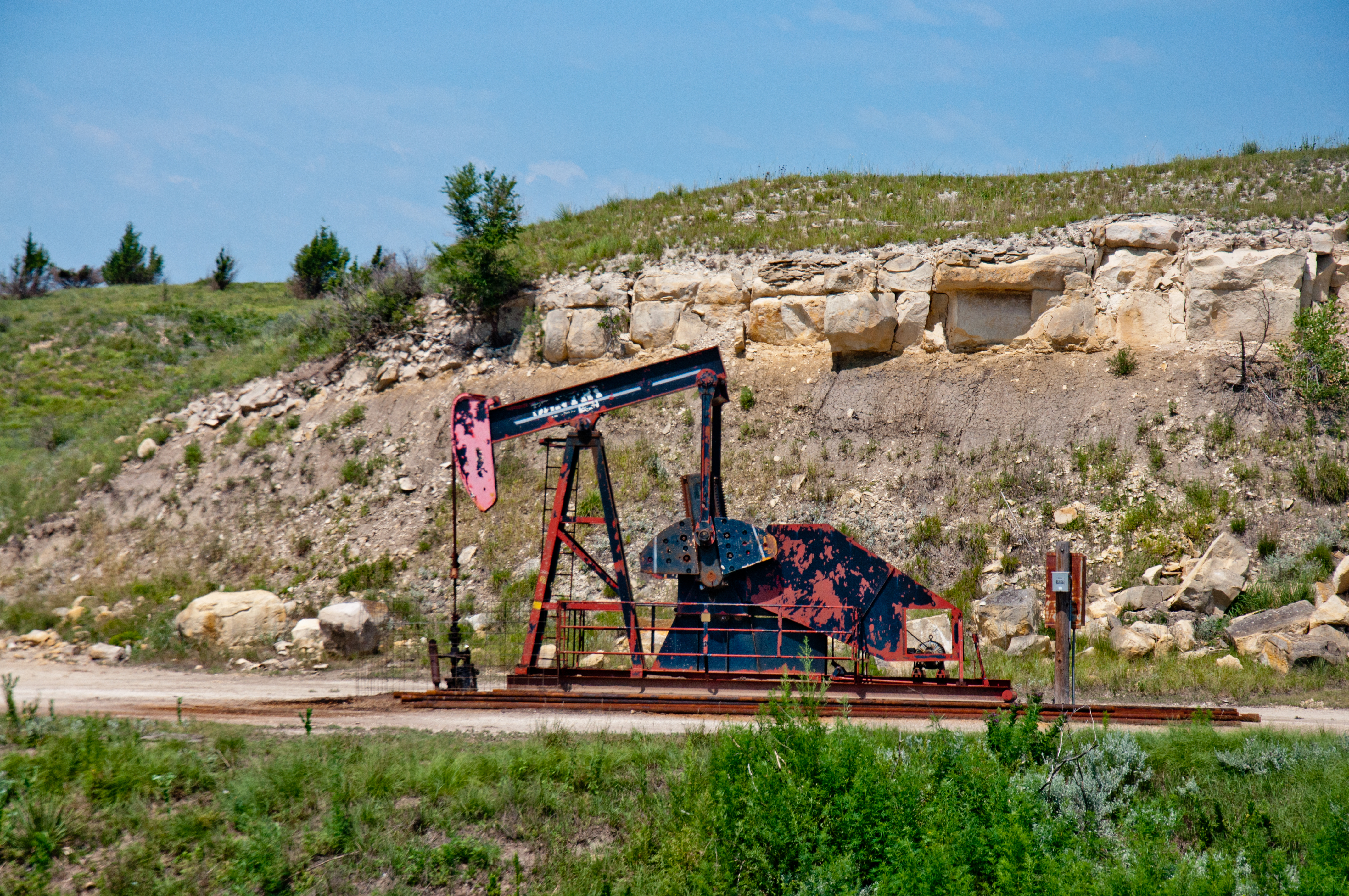By JOHN P. TRETBAR
Saudi Arabia is blaming saboteurs for damage to two of its oil tankers off the coast of the United Arab Emirates, in attacks it said posed a threat to shipping and the security of global oil supplies. Four tankers were targeted overall, as tensions with Iran escalated. Officials in the U.A.E. called it a “sabotage attack” that took place near a strategic port Sunday.
A senior source at Saudi Arabia’s ministry of energy told CNN Business that the attacks were particularly alarming because the tankers were targeted outside the Strait of Hormuz. One of the two Saudi vessels was on its way to be loaded with Saudi crude oil to be delivered to customers in the United States. A Norwegian tanker suffered hull damage after being struck by an unknown object at the waterline, according to that ship’s managers.
Weekly crude oil production figures from the U.S. Energy Information Administration showed a slight decline from the previous week’s record high. Total production reached 12.176 million barrels per day for the week ending May 3, a drop of about a 100-thousand barrels per day.
Crude oil inventories dipped by about four million barrels. E.I.A. says that at 466.6 million barrels, stockpiles are roughly equal to the five-year seasonal average.
The government says crude oil imports averaged 6.7 million barrels per day for the week through May 3, down by 721,000 barrels per day from the week before. The four-week average is about 15% below the same four-week period a year ago.
U.S. Gasoline inventories are about two percent below the five year seasonal average, after dropping 600,000 barrels.
Independent Oil and Gas Service reported only slight changes in its weekly drilling rig count in Kansas. There are four active drilling rigs east of Wichita, which is unchanged, and 24 in Western Kansas, which is down one. Baker Hughes reported 988 active rigs across the U.S., down two drilling rigs exploring for oil. The count in New Mexico was down four rigs, Texas was up one, and Oklahoma was up two. Canada reported 63 active rigs, which was up two from the week before.
Independent reported eleven wells completed last week, four in eastern Kansas and seven west of Wichita. That’s 562 new completions so far this year.
Regulators approved 14 permits for drilling at new locations in Kansas over the last week, two east of Wichita and 12 in the western half of the state. That’s 318 drilling permits so far this year. There was one new permit filed in Barton County, two in Ellis County and one in Russell County.
A company that came to Oklahoma when it acquired another firm’s Mississippian Lime holdings in Oklahoma and Kansas in 2012 has agreed to a merger with a Houston firm and will move back to Texas. Midstates Petroleum agreed to the all-stock deal with Amplify Energy, according to reporting in the Daily Oklahoman. Amplify works oil and natural gas properties in the Rockies, offshore California, Louisiana, as well as eastern and southern Texas. Midstates produces primarily from the Mississippian Lime play in northern Oklahoma.
Crude oil production as reported to the Railroad Commission of Texas for February 2019 topped out at just under 90 million barrels, compared to over 96 million barrels in February of last year. This year’s February total averaged 3.2 million [[“three point two million”]] barrels per day from 176-thousand oil wells.
US refineries have increased crude-oil imports from Iraq, Nigeria, Brazil and Angola, as a result of supply cuts of sour crude from Iran and Venezuela. That’s according to a report from Reuters Monday. May imports from those countries are expected to come in at about 1.23 million barrels per day, which is more than double April’s haul. The bump in imports from those nations versus the prior month reflects reduced supply from Venezuela and Iran due to U.S. sanctions, as well as declining OPEC production that has cut availability of heavy and medium sour grades.
Petroleum and petroleum product deliveries by rail continue to outpace last year in the U.S. and Canada. According to the Association of American Railroads, U.S. oil-by-rail shipments totaled 12,231 rail cars for the week ending May 4, which is an increase of more than 34% over last year. The total so far this year is up more than 24% above the total at the same time last year. Canada’s oil-by-rail shipments were up 36% for the period.
A federal judge has sent back to North Dakota state court a lawsuit alleging the environmental group Greenpeace conspired against the Dakota Access oil pipeline. Texas-based pipeline developer Energy Transfer Partners maintains Greenpeace and others should be held responsible for trying to disrupt pipeline construction and damage the company’s reputation and finances. Greenpeace accuses ETP of using the legal system to bully critics. The environmental group has already prevailed in federal court on the racketeering claims brought by the pipeline company. But the two sides agreed to the latest move back to state court on the remaining allegations, and U.S. District Judge Daniel Hovland recently signed off on it.
Just one day after clinching a win in the very public takeover battle for Anadarko Petroleum, executives at Occidental Petroleum survived a proxy fight during that company’s annual general meeting in Houston. Bloomberg reported that CEO Vicki Hollub defended her $38 billion pursuit of Anadarko. Her defiance capped a hectic four weeks, during which her two-year quest to buy the company became public knowledge. Chevron walked away from the fight after Oxy topped Chevron’s $33 billion merger agreement.

